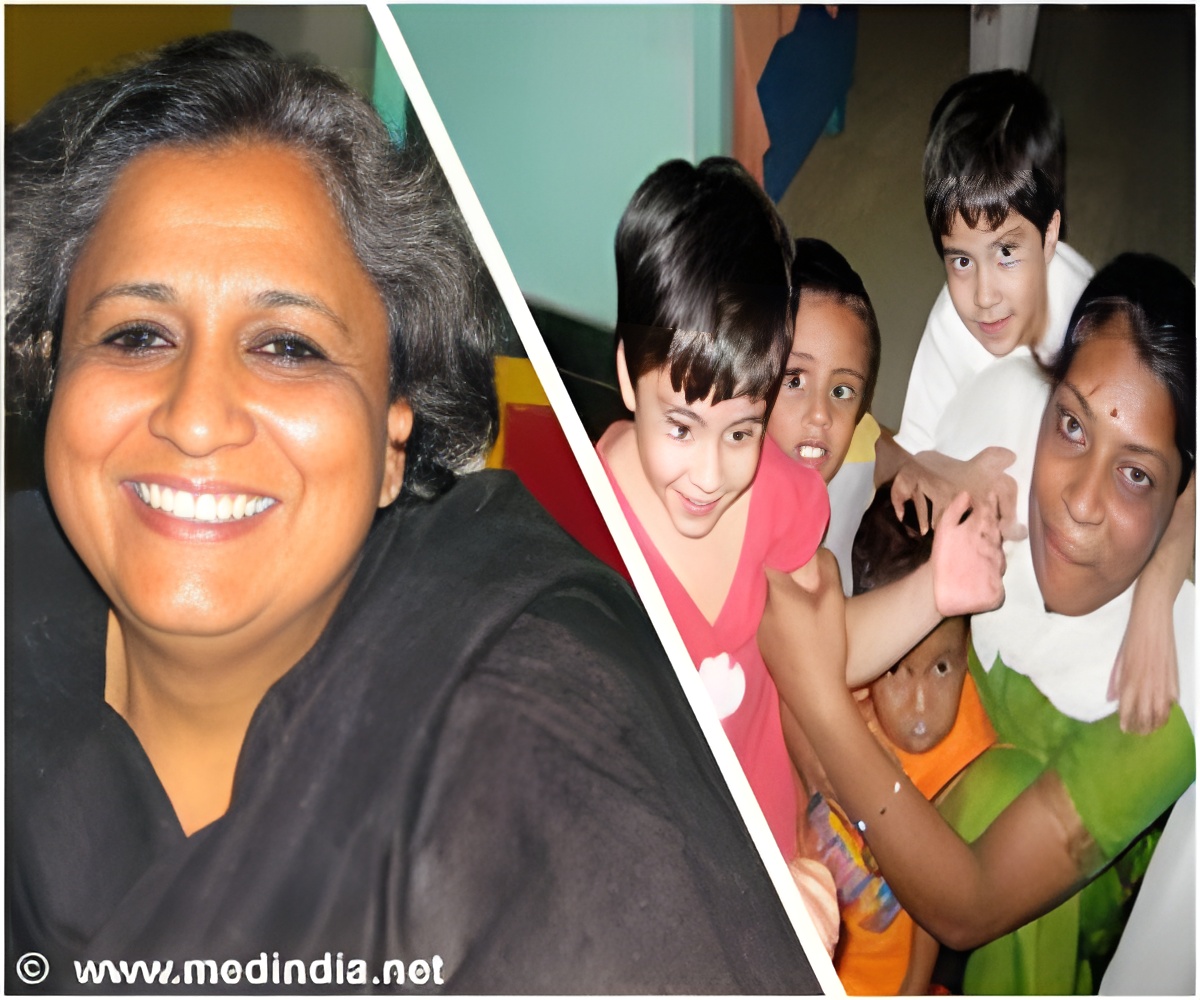Is there a shift in social attitude towards homosexuals and HIV infected people in India. Find out about this and other aspects in an exclusive interview with Anjali Gopalan of Naz Foundation, Delhi.

A. The homosexual community in India lived in hiding a decade ago and it still does. There has been no huge change in social perception regarding marginalized communities. In September 2001, Naz India filed a Public Interest Litigation (PIL) to challenge Section 377 of the Indian Penal Code in the Delhi High Court. On July 2, 2009, the Delhi High Court pronounced that Section 377 of the Indian Penal Code will exclude consensual sex between adults.
The decriminalization of homosexuality has been a progressive step. It has made society accept the fact that we can neither castigate homosexuals, nor ignore them by sweeping their issues under the carpet.
Q. What remains to be done now?
A. The High Court judgement, however, does not talk about gay rights. Indians have a long way to go in terms of procuring basic human rights for gay people so that they lead fulfilled lives – they must have the right to marry, be able to adopt children, have a respectable livelihood and be able to take care of their families.
Q. What would you say to a section of people who still think that the sexual behavior of marginalized communities is an abnormality that has to be treated medically?
Again, studies have shown that homosexuals cannot become heterosexual and vice-versa. There is sometimes, forced bisexuality in society because people refuse to acknowledge homosexuality.
We need to understand that homosexual behavior has been observed in near about 1,500 species, ranging from primates to gut worms, and is well-recorded for 500 of species. Being gay is not an abnormality or illness.
Q. What are the greatest challenges facing you in the work that you do today? How do you think civil society and the government can reach out and help you?
A. The greatest challenges we face today are from the conservative forces of society. We are in the Supreme Court now, fighting again for the decriminalization judgment that the High Court passed in 2009. The hearing is going on now and we expect a judgment soon. We have to move ahead from there - a gamut of rights has to be made available to the homosexual community.
Political will from the part of the government, laws legislated for the progress and protection of the gay community will surely make things better. Larger coalitions in society are very important to bring about a movement to empower them. Action Plus is a group, which is doing a lot of good in this context. Celebrities like Celina Jaitley, Koena Mitra and Pooja Bedi have been very vocal in their support for the LGTB (Lesbian, Gay, Transgender and Bisexual) people.
Q. What are the learnings that we must borrow from the west in bringing the sexually marginalized into the mainstream and treating them at par with other citizens of the country?
A. We can learn a lot from the US where homosexuals today have so many rights. A lesbian couple recently fought and won a legal battle against the government for health insurance rights.
As a democracy, we need to understand that everyone has equal rights. We must learn to respect differences – even in sexual orientation. Also, there will be no social change overnight, and there will be many years of struggle to contend with. However, the only way to go is the way forward.
Q. India has a long way to go to provide healthcare for HIV patients. How can the lives and futures of HIV positive children be secured?
A. When poor children are HIV positive, they get a very raw deal – they have no access to nutrition, sanitation, and medication. We have to fight for underlying issues of right to childhood, issues of poverty, and malnutrition.
The situation is slightly better for adults. All government hospitals offer free testing for HIV and free retroviral drugs. Any adult can enroll in an Anti-Retroviral (ARV) clinic. If one’s CD 4 level falls below 350, doctors start treating the patient.
Q How are you sensitizing the keepers of the law, the police, to the suffering of HIV positive people?
A. Naz India is working with the police services in New Delhi. We conduct weekly training workshops for police personnel. The training aims to build awareness of HIV/AIDS and tackles issues of discrimination, physical harassment, corruption and Human Rights.
Q. What are the anti-retroviral drugs available for treatment of HIV positive children? How do you plan to give HIV positive adolescents a livelihood, so that they survive independently and also do not spread the infection?
A. We have the first and second line of anti-retroviral drugs available free of cost from the government through AIIMS. The third line of drugs, however, is extremely expensive and is not available free of cost. Our children are all on the first and second line of drugs. The oldest child we have is an 18-year-old who is being trained in computers. He will surely be able to earn his livelihood as long as he lives. In the US, HIV positive children have survived till the age of 25 years.
At Naz, we teach children life skills from the age of eight or nine so that they know about their condition, grow up to accept it and do not spread the virus.
Q. How many full-blown cases of AIDS have you treated and how?
A. There were many full-blown AIDS cases and related deaths at Naz during the years when anti-retroviral drugs were not available. All that has come to an end and our HIV positive children are living healthy, happy lives.
Source-Medindia









